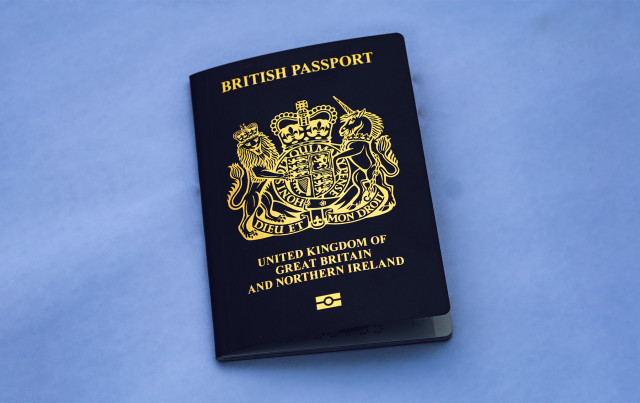- 29 September 2025
- Kate Moore
- 5 min read
Essential EU travel checklist


Travel has changed now we've left the EU. We’ve sifted through the rules to explain the EES, ETIAS and passport validity rules for groups travelling to Europe now, and in the future.
New systems are being introduced for non-EU nationals travelling to Europe. Here's what you need to know about the proposed entry systems:
Once the EES is embedded, the European Travel Information and Authorisation System (ETIAS) will be available for all non-EU citizens, including children. There is no firm date for the introduction of ETIAS yet, but it is not expected until the end of 2026.
ETIAS is an online travel permit, similar to ESTA in the USA, which gives British citizens permission to enter the EU. The new online system is expected to cost €7 (free for under 18s) and be valid for 3 years.
The UK Global Health Insurance Card (GHIC) gives holders access to state-provided emergency healthcare for free or reduced cost in the EU and Switzerland. The GHIC can help reduce out-of-pocket medical expenses in the event that someone falls ill or has an accident while on a school trip to EU.
If you have the old-style European Health Insurance Card (EHIC), you can replace it with a GHIC.
Applying for a GHIC is free of charge on the NHS website. Beware of unofficial websites that charge you a fee to apply.
Whether or not you have a GHIC, your group will need travel insurance to cover emergency healthcare costs.
Each EU country sets its own entry rules relating to the validity of British passports.
For most EU countries—including France, Germany, Italy, Spain and Belgium—your passport:
To check the passport requirements for your specific destination visit the Foreign Office website.
Allow plenty of time to apply for a new passport if required.
Many countries have stopped accepting collective passports. We advise all our COGO groups only travel on individual passports - not a collective passport.
The guarantee of free roaming throughout the EU ended on 1 January 2021. This means that if your operator has reintroduced roaming charges you may now be charged more for using your mobile device in the EU, Switzerland or Iceland.
Some EU countries currently offer their own visa exemptions for ‘third-country nationals’. You can find a country-by-country list of visa exemption schemes for other EU destinations on the European Commission website (under “2 exemptions Article 6(2)”).